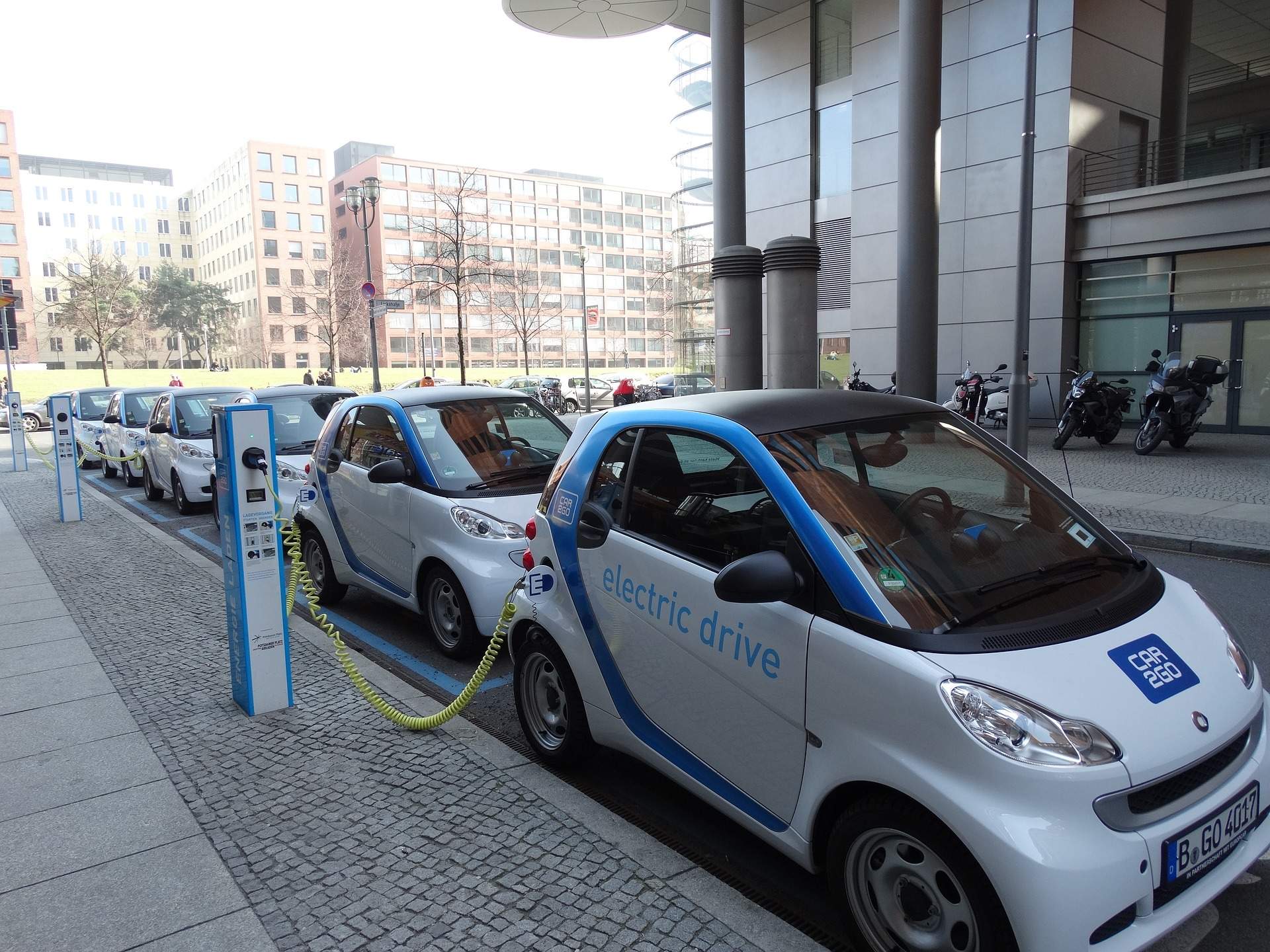
The car finance industry faces uncertain trends around alternatively-fuelled vehicles (AFVs) such as electric cars, and may need to adjust its offering proactively, a report from Moody’s has said.
Examining technological trends in the automotive industry at large, the rating agency said it expects AFV penetration to rise substantially in coming years, driven by cheaper batteries for electric cars, improved autonomy and better charging infrastructure coverage. It forecast AFV market share in Europe to hit 30% by the mid-2020s, and as much as 75% by the end of that decade.
However, Moody’s added that “a dominant – and cost effective – technology, widespread customer acceptance and a solution to infrastructure requirements have yet to fully emerge,” meaning that it would take “decades” before the internal combustion engine loses dominance.
The motor finance industry will face uncertainty regarding future price trends and residual values, the report said, due to a mix of governments’ evolving subsidy strategies, and shifting demand patterns, and technological obsolescence from ongoing development.
“[The] financing industry may have to transition to accommodating financing products,” Moody’s added.
The report also examined trends in car connectivity, autonomous vehicles and alternatives to ownership.
How well do you really know your competitors?
Access the most comprehensive Company Profiles on the market, powered by GlobalData. Save hours of research. Gain competitive edge.

Thank you!
Your download email will arrive shortly
Not ready to buy yet? Download a free sample
We are confident about the unique quality of our Company Profiles. However, we want you to make the most beneficial decision for your business, so we offer a free sample that you can download by submitting the below form
By GlobalDataOn the latter, Moody’s said a shift towards ride-sharing, particularly among younger demographics and in urban areas, could result in reduced demand for financing. Increased competition in the space may also make car-sharing groups less financially resilient.
On the positive side, a shift away from ownership “could present new opportunities for auto lenders”, including increased demand for less risky shorter-term contracts – although lessors would have to get to grips with new risks in financing large ride-sharing fleets.
Moody’s also expected the introduction of autonomous vehicles to create a new customer base for financing, along with challenges in how to assess insurance risk.
“The automotive sector is undergoing a fundamental shift in terms of how cars are made, used, insured and financed,” Moody’s said.
“This transformation is comparable in scope to the dawn of the automotive age a century ago, which shaped trends in several industries beyond auto manufacturing.”







